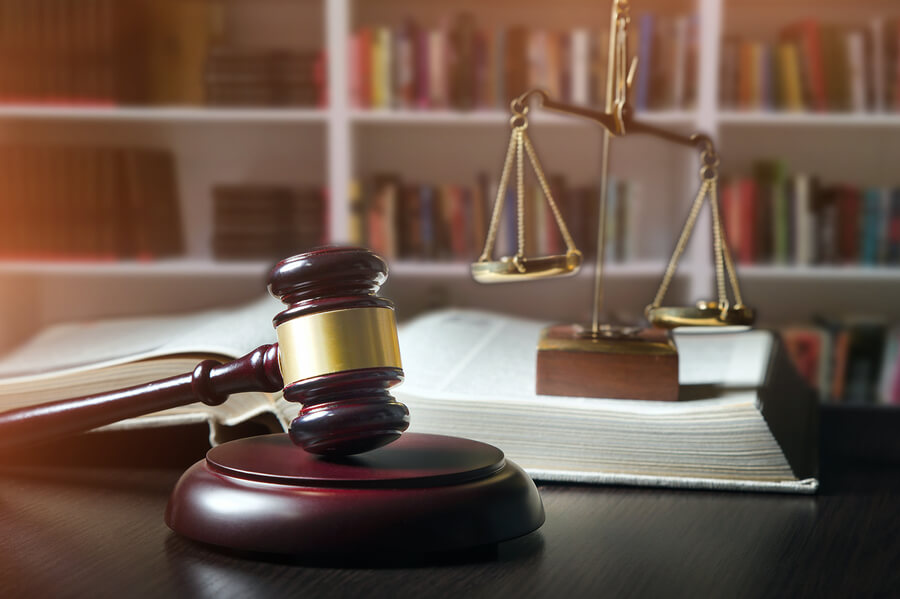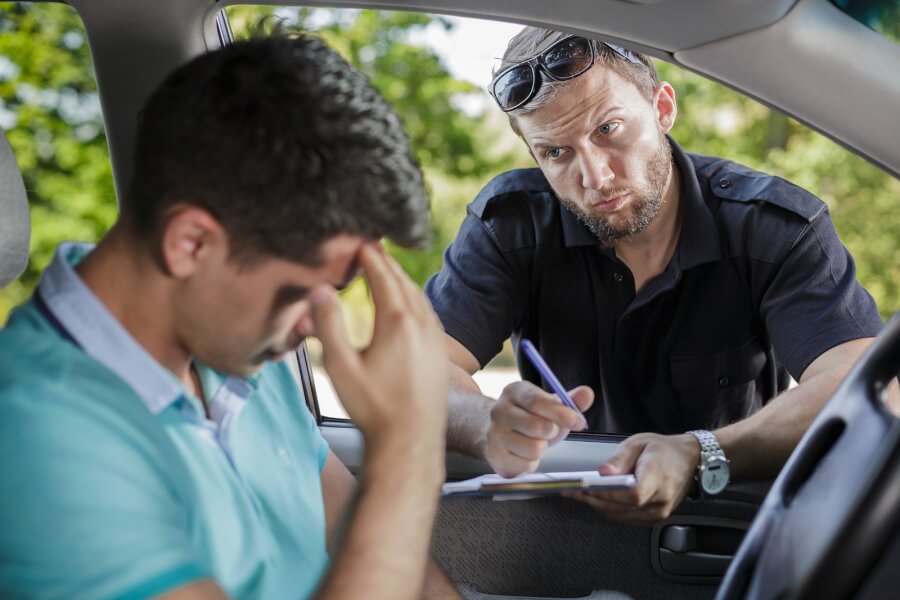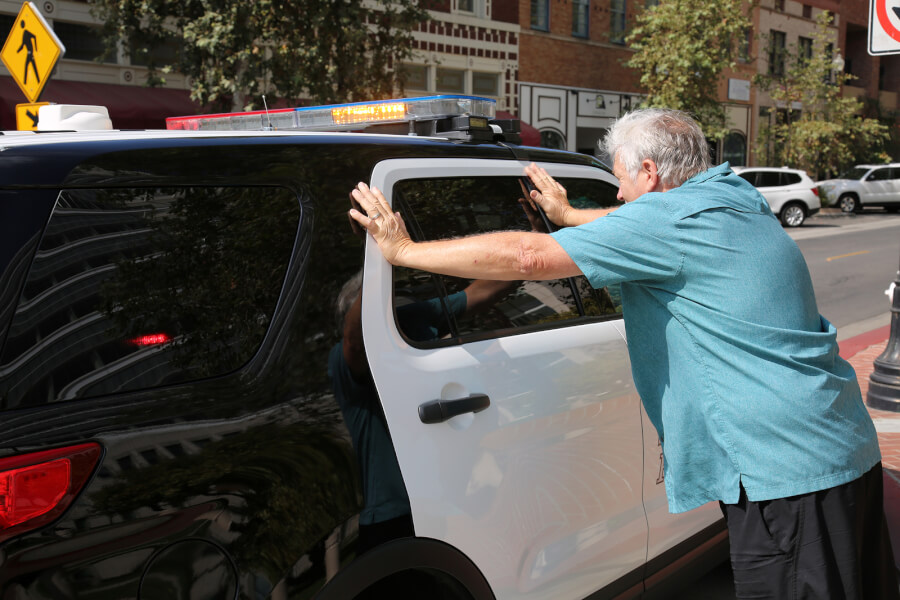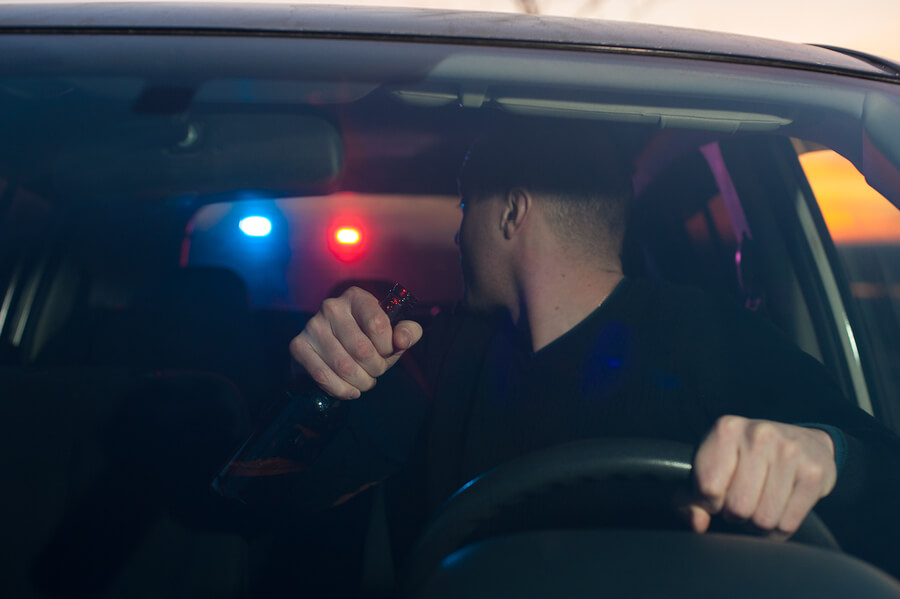Whenever someone says, “background check,” you may be nervous about what they might find especially a DWI. Whether it’s for a job, an apartment, or some other important event, you probably won’t want them to find it, but they likely will. If one of those discoveries is a DWI, the process might unfortunately end there. So sometimes getting a DWI record expunged is worth looking into.
So the questions remains “Is it possible to have a DWI expunged here in North Carolina?” Yes, but it depends on the circumstances.
What Is An Expungement/Expunction?
This is when a judge orders a criminal record sealed so that it is not publicly available. This means that a criminal record would not show up in any type of background check or other publicly available checks. However, prosecutors would still be able to access these records. For someone with a previous misdemeanor record, an expungement -also called expunction – means that they can answer the question, “do you have a previous criminal record?” with “No.”
Getting Rid Of A Record

Due to changes in the law, there is no limit on the number of expunctions you can request for both misdemeanors and felonies. However, there is a waiting period of five years for misdemeanors and ten years for felonies before requesting any expunction.
Under NCGS 15A-146, it is possible to have a felony conviction expuncted if:
• You don’t have another current felony conviction on your record
• The court and/or DA dismissed your case
• You were acquitted at trial by a jury
Misdemeanors are also eligible for expunction if the case was dismissed, or you were acquitted at trial by a jury. There is no fee to file this petition. Other cases involving a conviction will require a $175 filing fee for the petition. Expunctions take between nine and twelve months to complete.
If you were charged with DWI but not tried, the charges were dropped, your case was dismissed, or you were acquitted (found not guilty) at a jury trial, a DWI can be expuncted as any other type of charge meaning that in these circumstances, a DWI record be expunged.
When A DWI Cannot Be Expunged
A conviction for DWI is not eligible for expunction in North Carolina. The North Carolina legislature changed the laws surrounding expunction in 2015 so that a DWI conviction cannot be expunged or expuncted from anyone’s record. That’s why it’s important to have a strong defense when facing DWI charges heading into court, so you’ll have a better chance of a “not guilty” verdict or having your case dismissed.
For a single incidence of DWI in North Carolina, there is a seven-year “lookback period” for both in-state and out-of-state convictions. Felony habitual DWI carries a 10-year “lookback period.” This means that for the person arrested today for DWI, a judge could look up their record for ten years and include those previous charges to increase the penalties, such as jail time and fines.
However, if more than seven years have passed since the previous DWI, the current DWI is treated as a “first” offense.
Seeking Expungement?
Even if your case was dropped, dismissed, or you were acquitted, the process of eliminating it from your record is not automatic. You must file a petition to request expungement. Because it’s complex, an experienced criminal defense attorney in Raleigh can help you clear your record.
As a former Wake County prosecutor, Dewey P. Brinkley has helped thousands of clients and successfully defended many in DWI cases. Contact our Raleigh law office today at (919) 832-0307 (or use our online contact form) for a free consultation.

 One of the determining factors may be
One of the determining factors may be 



